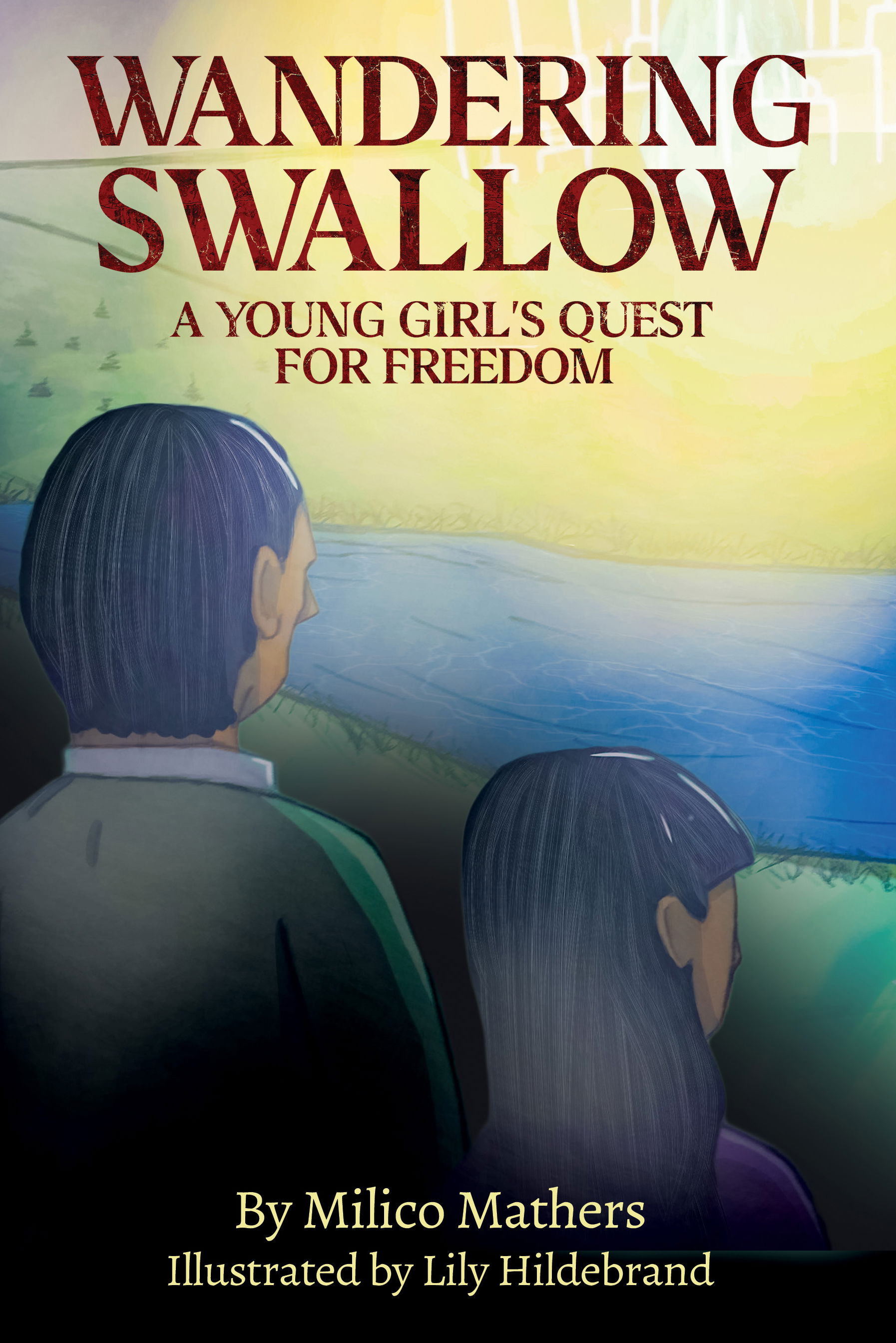
Wandering Swallow Kirkus Review – Nancy E. Head
A resonant odyssey of discovery, shaped by real-world political challenges and Christian beliefs.
North Korean girl journeys toward faith and freedom in Mathers’ middle-grade novel.
The story opens one night in 1995 as a North Korean girl named Hana and her grandfather stand by a river in the North Korean city of Sinuiju. On the other side is China, promising freedom. On their side are oppression and a killing famine. Hana’s parents haven’t returned from seeking work to feed the family. Now, Hana and her grandfather face the river they must cross for survival. “Under this night’s moonlight, soldiers would see us if we tried to go home,” thinks Hana, the book’s relatable narrator. “Death through capture and hunger if we returned. Death in the water if we went forward.” Their guide, Lú kè, a mysterious, evangelizing man of Christian faith wanted by the Chinese police, is committed to escorting “wandering swallows” out of North Korea to safety. This earnest, thought-provoking work of Christian middle-grade fiction effectively sets a tone of high-stakes suspense: “Everyone could report anyone in Choson [North Korea] for criticizing the leader or the government,” says Hana. The textured narrative is informed by late-20th-century history, before the 1997 Chinese takeover of Hong Kong, from the Tiananmen Square massacre to fear and hunger under North Korea’s iron-fisted rule. At heart, the story is about Hana’s first exposure to Christianity and her struggle with questions of faith. Writing in Hana’s voice, Mathers crafts prose that is disarmingly direct and limpid: “The train rolled over the tracks with its steady rhythm. I watched the world go by as the sun played hide-and-seek with clouds. I wondered at the idea of a God who could see humans do right and wrong and let wrong happen.”
A resonant odyssey of discovery, shaped by real-world political challenges and Christian beliefs.